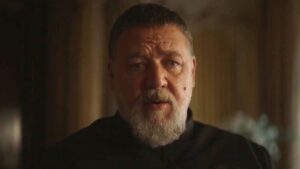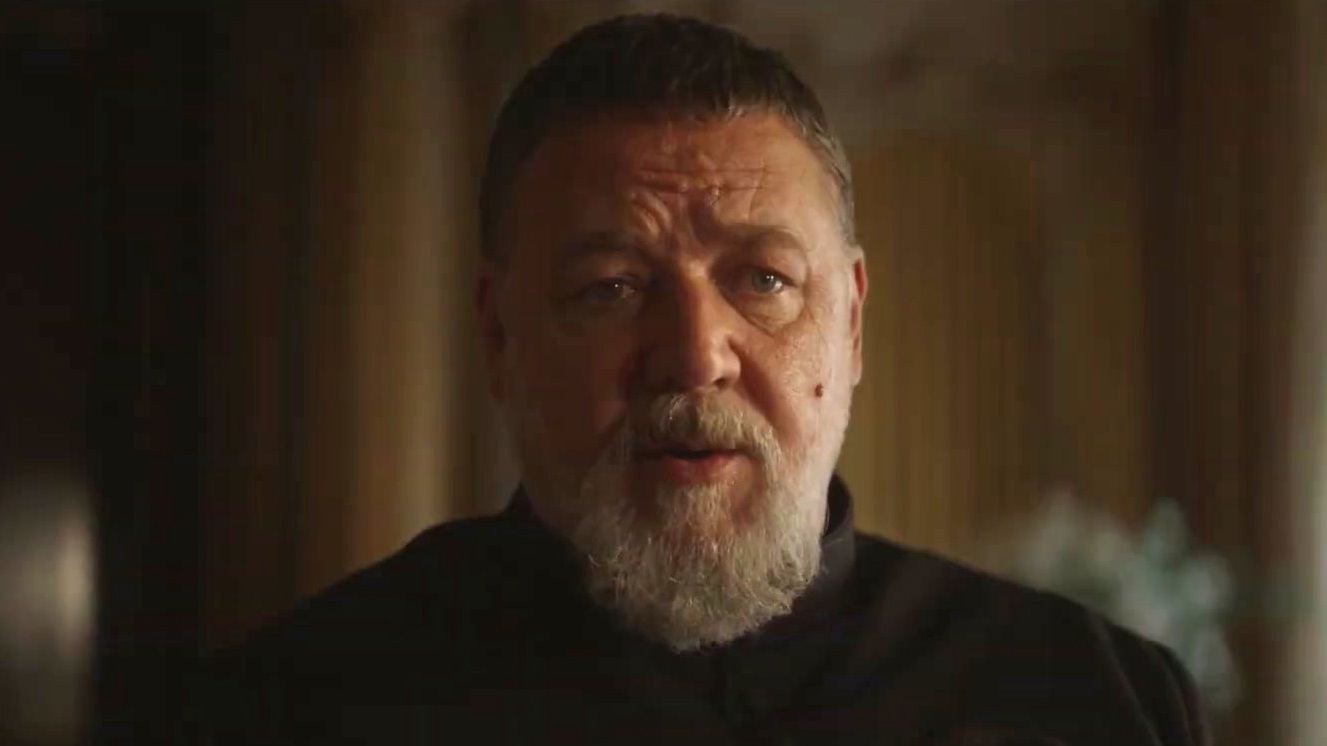Russell Crowe’s Acting Philosophy

(Russell Crowe)
Russell Crowe is known for his intense and passionate approach to acting, bringing a rare combination of physicality and emotional depth to his roles. With a career spanning decades, Crowe has built a reputation as one of the most compelling actors in Hollywood. His acting philosophy revolves around a deep commitment to the material, authenticity, and the belief that acting should reflect both the character and the story in a truthful, visceral way.
1. The Importance of Physicality and Preparation
Crowe has often spoken about the physicality involved in his roles. Whether he’s playing a gladiator in Gladiator (2000) or a corrupt detective in L.A. Confidential (1997), Crowe believes in fully preparing for the demands of a role—mentally, emotionally, and physically. He’s known for his immersive approach, often going through intense physical training to embody his characters. Crowe explained in an interview with The Guardian:
“I get involved physically and emotionally with the character. It’s very important to be in the right space physically to play a role. I don’t believe you can ever do the job properly if you’re not fully immersed in the physicality of the character.”
This dedication to physical preparation is not just about looking the part but feeling it, which adds authenticity to his performances. Crowe has demonstrated this commitment through various intense physical transformations for roles, such as gaining weight for his portrayal of a washed-up boxer in Cinderella Man (2005) and mastering the fighting skills of a Roman gladiator in Gladiator.
2. Immersing in the Character’s Mindset
For Crowe, acting is about understanding and connecting deeply with the character’s mindset. He doesn’t simply want to portray the character’s actions but to get inside their head and express their inner world. Crowe believes that it’s not enough to just understand the character intellectually; an actor must fully embody them emotionally and mentally. He has said:
“I don’t really understand the idea of being an actor who just shows up and reads lines. You have to live it, you have to be it. If you’re not, the audience will know.”
This approach has made Crowe’s performances resonate with audiences. He’s been praised for his ability to convey complex emotions and motivations through his physical presence and subtle gestures, bringing a deep layer of truth to the characters he portrays.
3. The Commitment to Emotional Truth
Another cornerstone of Crowe’s acting philosophy is emotional honesty. He strives to portray the emotional truth of the characters, even if that means exposing vulnerability or playing roles that are emotionally demanding. Crowe’s performances, whether in A Beautiful Mind (2001) or The Insider (1999), are marked by his ability to make the audience feel the emotional journey of the character. Crowe explained in an interview with Entertainment Weekly:
“For me, it’s always been about emotional truth. It’s about understanding who this person is and how they interact with the world around them. As an actor, your responsibility is to reflect that truth on screen.”
This emotional commitment is evident in his performances, where he’s able to navigate moments of inner turmoil and transformation with authenticity, making his characters relatable and human.
4. Staying Grounded and Humble
Despite his success and fame, Crowe has remained grounded and focused on the craft of acting rather than the celebrity aspect of the industry. He is known for his private nature and often shies away from the public eye, preferring to let his work speak for itself. In a 2012 interview with The New York Times, Crowe emphasized:
“I don’t think fame is part of the equation. I think the work is. That’s what I have control over—what I put on screen. Fame is a byproduct of doing your job, but it’s not why I do it.”
This humility underscores Crowe’s belief that acting is about the work itself, not the accolades or attention that may come with it. His consistent focus on the craft rather than the superficial aspects of the industry has contributed to his longevity and respect in the profession.
5. Collaboration with Directors and Co-Stars
Crowe also values the collaborative nature of filmmaking. He has worked with numerous acclaimed directors, such as Ridley Scott, Ron Howard, and Peter Weir, and often speaks about the importance of mutual trust between an actor and the director. Crowe believes that the process of creating a character is shared between the actor and the director, with both working together to bring out the best in the performance.
In an interview with The Hollywood Reporter, Crowe said:
“Filmmaking is a collaboration, a partnership. It’s not just about me; it’s about everyone working together to tell a story. I trust the director to guide me, and they trust me to bring something to the table.”
Crowe’s openness to collaboration with his co-stars also plays a key role in the authenticity of his performances. He often speaks about the importance of building a strong, trusting relationship with his fellow actors, which allows for a more fluid and genuine portrayal of scenes.
6. Challenging Himself and Avoiding Comfort Zones
For Crowe, the idea of continually challenging himself as an actor is essential. He avoids repeating roles or staying within one genre for too long. This desire to step outside of his comfort zone has led him to take on roles that vary significantly from one another, from action-packed films like Gladiator to more intimate dramas like The Water Diviner (2014). Crowe has said:
“If you’re not stretching yourself as an actor, if you’re not trying to do something different, then you’re not really doing the job. Every time I take on a role, I want to feel like it’s pushing me in some way.”
This commitment to growth and exploration is evident throughout his career, where he has continuously sought out projects that challenge both him and the audience.
Conclusion
Russell Crowe’s acting philosophy is built on a foundation of emotional truth, deep commitment to the craft, and a fearless willingness to challenge himself. His approach to acting—whether through physical transformation, emotional authenticity, or collaboration with his peers—has earned him respect as one of the most talented and versatile actors of his generation. Crowe’s focus on the work itself, rather than fame or accolades, has kept him grounded and driven to continue evolving as an artist.
Through his commitment to both the physical and emotional aspects of his roles, Crowe has built a legacy that reflects his dedication to the craft of acting, proving that great performances come from a place of authenticity, hard work, and humility.




